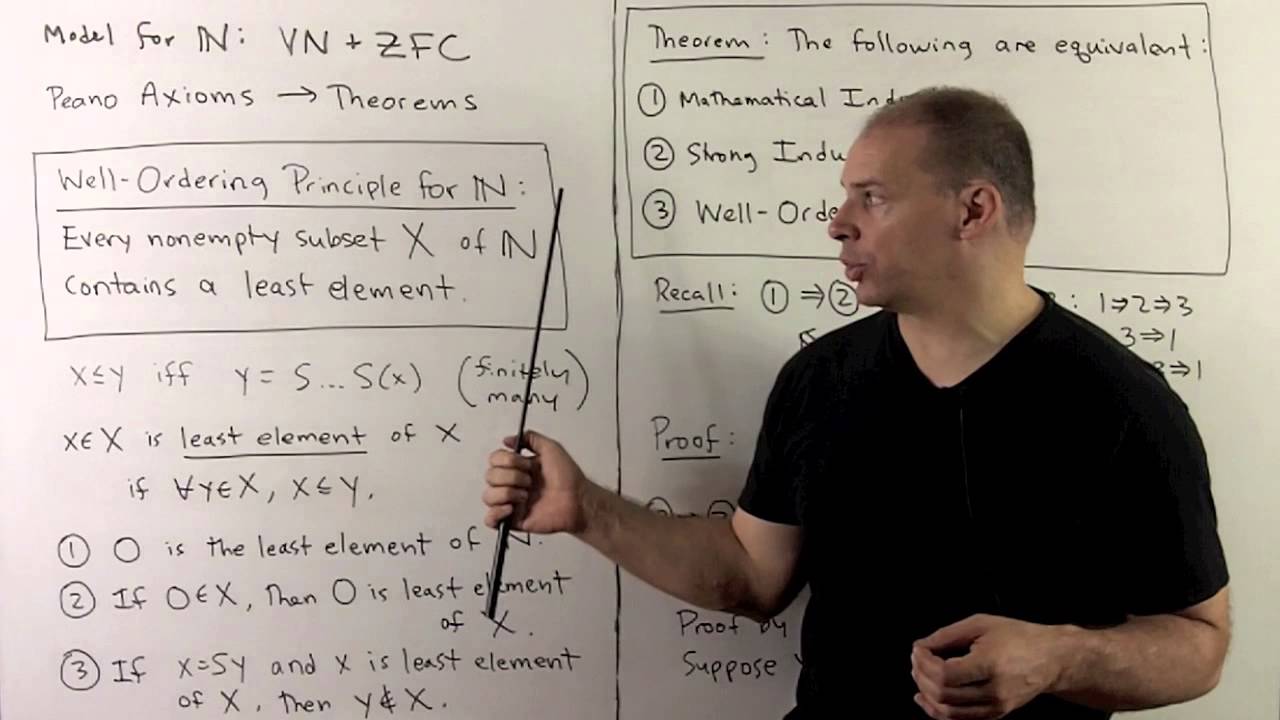
Who was Peano? Giuseppe Peano was an Italian mathematician born in 1858, known for his work in mathematical logic and the foundations of mathematics. He created Peano axioms, a set of axioms for the natural numbers that form the basis of arithmetic. Peano's work influenced many areas of mathematics, including the development of formal languages and symbolic logic. He also contributed to the field of differential equations and vector calculus. Beyond his mathematical achievements, Peano was a pioneer in the international auxiliary language movement, creating Interlingua, a simplified Latin-based language. His legacy continues to impact modern mathematics and logic.
Peano's Life and Education
Giuseppe Peano was an Italian mathematician whose work laid the foundation for modern mathematical logic and set theory. His contributions are still influential today.
- Born on August 27, 1858, in Spinetta, Italy, Peano grew up in a rural farming family.
- He attended the University of Turin, where he earned his doctorate in mathematics in 1880.
- Peano became a professor at the University of Turin in 1890, a position he held for most of his career.
- He was known for his meticulous teaching style, often focusing on the precision of mathematical language.
Contributions to Mathematics
Peano's work in mathematics is vast and varied. He made significant contributions to several areas, including logic, set theory, and calculus.
- Peano is best known for the Peano axioms, a set of axioms for the natural numbers.
- He introduced the concept of a vector space, which is fundamental in linear algebra.
- Peano's work on the foundations of calculus led to the development of the modern epsilon-delta definition of a limit.
- He published over 200 papers and books throughout his career, covering a wide range of mathematical topics.
Peano Axioms
The Peano axioms are a set of axioms for the natural numbers, which form the basis for much of modern number theory.
- The Peano axioms were first published in 1889 in his book "Arithmetices principia, nova methodo exposita."
- These axioms define the natural numbers using a set of simple rules and the concept of succession.
- The axioms include the notion that zero is a number and that every number has a unique successor.
- Peano's axioms also introduced the concept of mathematical induction, a fundamental proof technique.
Peano's Influence on Logic
Peano's work in logic helped to formalize mathematical reasoning and laid the groundwork for future developments in the field.
- He was one of the first mathematicians to use symbols to represent logical operations.
- Peano's notation for logical operations influenced later logicians, including Bertrand Russell and Alfred North Whitehead.
- He developed a formal language for mathematics, which he called "Latino sine flexione," a simplified version of Latin.
- Peano's work in logic helped to bridge the gap between mathematics and philosophy.
Peano's Curve
Peano's curve is a space-filling curve that demonstrates the surprising properties of continuous functions.
- In 1890, Peano discovered the first known space-filling curve, now known as the Peano curve.
- The Peano curve shows that a one-dimensional line can completely fill a two-dimensional space.
- This discovery challenged the traditional understanding of dimensions and continuity.
- Peano's curve has applications in computer graphics and image processing.
Peano's Legacy
Peano's contributions to mathematics and logic have had a lasting impact on the field, influencing both his contemporaries and future generations.
- He was a founding member of the Italian Mathematical Union, which aimed to promote mathematical research in Italy.
- Peano's work influenced the development of formal systems in mathematics, including the work of David Hilbert.
- His emphasis on the precision of mathematical language has shaped modern mathematical notation and terminology.
- Peano's contributions to set theory helped to establish it as a fundamental area of mathematical research.
Personal Life and Interests
Peano was not only a mathematician but also had a wide range of interests outside of mathematics.
- He was an advocate for the use of Esperanto, an international auxiliary language.
- Peano was interested in linguistics and worked on creating a simplified version of Latin.
- He enjoyed teaching and was known for his dedication to his students.
- Peano was a member of several scientific societies and attended numerous international conferences.
Honors and Recognition
Throughout his life, Peano received numerous honors and recognition for his contributions to mathematics.
- He was elected to the Royal Academy of Sciences in Turin in 1886.
- Peano received honorary degrees from several universities, including the University of Paris.
- His work continues to be studied and respected by mathematicians around the world.
Peano's Legacy Lives On
Peano's contributions to mathematics have left a lasting impact. His axioms laid the groundwork for modern number theory and mathematical logic. These simple yet powerful principles continue to influence how we understand numbers today. Peano's work didn't just stop at axioms; his efforts in formalizing mathematics have shaped the field in countless ways.
His dedication to precision and clarity has inspired generations of mathematicians. From the classroom to advanced research, Peano's ideas remain relevant. His legacy is a testament to the power of clear, logical thinking. Whether you're a math enthusiast or just curious, Peano's work offers a fascinating glimpse into the foundations of mathematics.
So next time you encounter a number, remember the man who helped us understand them better. Peano's legacy truly lives on, proving that even the simplest ideas can change the world.
Was this page helpful?
Our commitment to delivering trustworthy and engaging content is at the heart of what we do. Each fact on our site is contributed by real users like you, bringing a wealth of diverse insights and information. To ensure the highest standards of accuracy and reliability, our dedicated editors meticulously review each submission. This process guarantees that the facts we share are not only fascinating but also credible. Trust in our commitment to quality and authenticity as you explore and learn with us.
